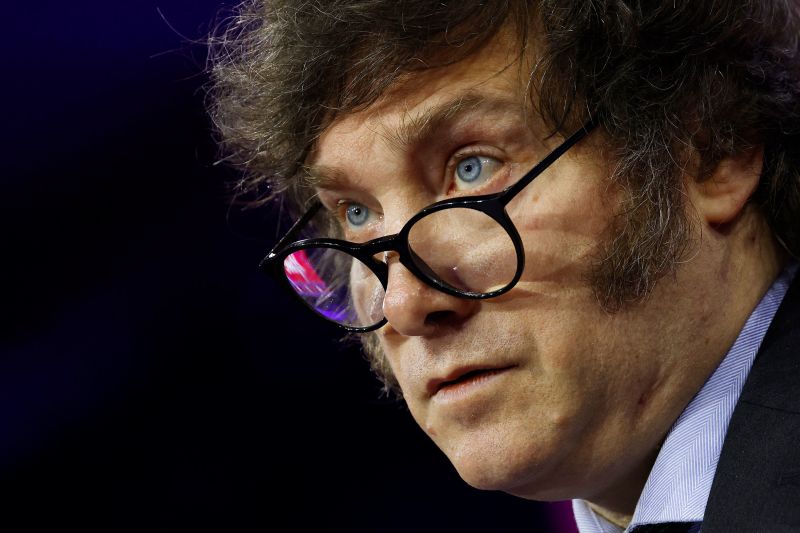Argentina, once at the forefront of the support for the lesbian, gay, bisexual, transgender, and queer (LGBTQ) community in Latin America, has witnessed a brutal and heinous act against four lesbians who were set on fire. The horrific incident has sparked a wave of national and international outrage, with critics attributing the increased intolerance to Milei’s government.
In August 2010, Argentina became the first Latin American nation to legalize same-sex marriage, granting full rights to the LGBTQ community. This marked a critical turning point in history, as Argentina adopted a more liberal stance on a social issue that was often regarded with contention. But now, faced with such vile hate crime, the nation mourns the loss of a once progressive identity.
The horror of this incident is hard to comprehend, particularly given Argentina’s previous reputation as an open and inclusive society where diversity was celebrated. The incident exposes the darker side of the country, bringing to light the realities that many people in the LGBTQ community face daily. The horrific act against these four lesbians is a terrifying reminder that there are still segments of society that harbor extreme prejudice and intolerance.
The blame for this ascendance of intolerance has been laid at the doorstep of the government led by Milei. Critics argue that Milei’s policies and discourse seem to have fanned the flames of hatred, enabling this rising bigotry and extremism to take root in Argentine society. They claim that the government’s actions, or lack thereof, have allowed hate speech and violence to escalate, undermining the hard-earned progress in the realm of LGBTQ rights.
One such criticised policy by Milei’s administration includes the reduction of funding for equality campaigns and initiatives in education. Such an approach shows neglect and lack of concern towards creating an inclusive society for all. This, coupled with a climate in which divisive rhetoric holds power, can create substantial hostility towards those perceived to be ‘different.’
Furthermore, critics argue that Milei’s failure to openly condemn such actions and to bring decisive justice against the perpetrators strengthens the sentiment of acceptance of such vicious attitudes. The absence of strong leadership in light of such atrocities is a huge setback for the notion of social evolution and equality.
On the streets, reactions have been visceral with citizens taking to public platforms to voice their concern and indignation against such actions. Activists and human rights groups have joined the chorus of condemnation, calling for a stronger stand from the government against hate crimes, and urging immediate measures to reverse the induced climate of intolerance. In a country that once celebrated diversity, the society now reels under the revelations of such intense animosity.
Media, both local and international, have been spotlighting the disturbing shift in Argentina’s sociopolitical dynamics. The intense scrutiny under which Argentina finds itself now, only emphasizes the urgency of the need for reform. Not only does the government have a responsibility to ensure the safety and dignity of all citizens, irrespective of their sexual orientation, but society itself needs to stand up against such acts of hate.
Argentina’s reputation as a leader in Latin America’s LGBTQ rights has taken a significant blow. It is now upon Milei’s government to recalibrate its policies and rhetoric, to ensure more than just superficial inclusivity. This act of violence serves as a wake-up call for the Argentine society, to implement substantial actions in reversing this alarming rise in intolerance and restore the country’s reputation as a beacon of diversity and acceptance. Ultimately, the fight is not against a particular orientation, but against hatred itself.




